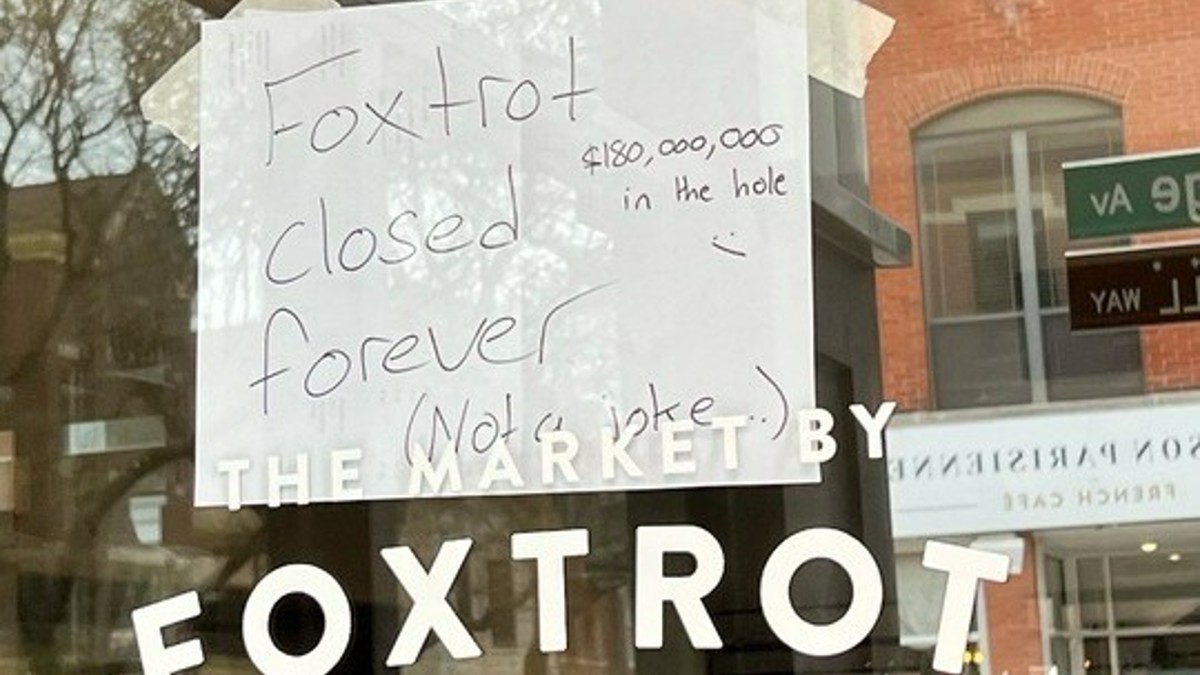A booming demand for luxury cars in China, and tactics used in the United States to accommodate those demands, have forced car dealers to, at times, investigate their own customers, NBC 5 Investigates has learned.
Federal authorities have grappled with how to deal with the “grey market” export schemes, where high-dollar SUVs – primarily Mercedes Benz and Land Rover – are purchased in Texas and then taken to the West Coast to be shipped overseas.
At the Port of Los Angeles, agents with the U.S. Customs and Border Protection agency showed the expensive vehicles they had seized before they made it onto ships to China, where they could fetch far more than their U.S. sticker prices.
“They double and triple their money easily, or quadruple it,” said Lou Koven, an investigator with the National Insurance Crime Bureau, an organization that works alongside U.S. Customs to prevent theft and fraud.
The reason for the huge markup?
Prestige … even more than what these types of vehicles convey in the car-loving United States.
“This would be the pinnacle of a status symbol … all over the world,” said U.S. Customs chief Victor Todorov, pointing to a Mercedes SUV limo.
Local
The latest news from around North Texas.
Koven added: “You have a lot of millionaires, or even billionaires, over there, and they want something high-end, and they want something nice to drive.”
Criminals, using stolen identities, will buy these vehicles from U.S. dealerships.
“They will have someone go in and fraudulently obtain a loan and then the vehicle disappears” overseas, Todorov said.
In other cases, organized groups or companies recruit straw buyers to purchase the vehicles – a process that can be done lawfully, if the vehicle is paid in full, with no loan attached, when it’s shipped.
But if the straw buyer finances the vehicle, then it disappears to China without paying off the loan, then that amounts to theft from the bank or finance company.
“If it leaves through this export warehouse, and gets on a ship and it goes, it’s gone,” Todorov said.
Chris Lauritzen knows how straw purchases work from the inside, and it’s not a pleasant feeling.
At his home in Spring, near Houston, Lauritzen told NBC 5 Investigates he was attracted by a job posting saying he could make money helping an export company purchase luxury cars.
“Went through maybe 30 minutes of training on the Internet and I was off buying cars,” Lauritzen said.
He said he did business with Texas dealerships, buying Mercedes and Range Rovers, initially with the company paying for them up front, and then sending a truck to his house to pick them up.
Lauritzen was paid between $1,000 and $3,000 for each purchase – pretty good money, he said, especially since “it didn’t take long.”
Later, the company told him he would make more money if he financed the vehicles in his own name, with the promise he would be reimbursed before each vehicle was shipped overseas.
But with the last Mercedes he financed, he said the company, apparently unable to find an overseas buyer, stopped making the car payments.
“And April comes along (and) no payment. So I’m starting to get worried. The bank is starting to call,” Lauritzen said.
He finally located the vehicle, using a Mercedes tracking app, in the Los Angeles area, and is working with the bank and Homeland Security investigators to try and get it back.
Lauritzen said he is hoping he can sell the pricey SUV for the amount he owes on it.
If not, he’s stuck with a vehicle he said he can’t afford.
“You know, it’s killed our credit,” Lauritzen said, adding, “Our credit scores before this were incredibly good.”
For others who might be considering going into such a straw-buying business, he had a piece of advice: “Don’t do it.”
Automakers are now trying to stop the practice by placing customers under greater scrutiny.
NBC 5 Investigates has learned Mercedes Benz now tell its dealers to run more extensive background checks, especially on customers interested in buying certain models, such as the GLS class of SUVs.
Those checks include looking to see if potential customers’ names show up on a “known exporter list,” and “to look for indications that the customer does not have the financial wherewithal to purchase a luxury vehicle for cash.”
One red flag, Mercedes dealers are told, is if “the customer’s home value is equivalent to the purchase price of the vehicle.”
In a statement, Mercedes told NBC 5 Investigates it is working hard to eliminate the exports, but “that said, no policy is perfect … so some vehicles do slip through. This is something we are working with our dealers to address.”



